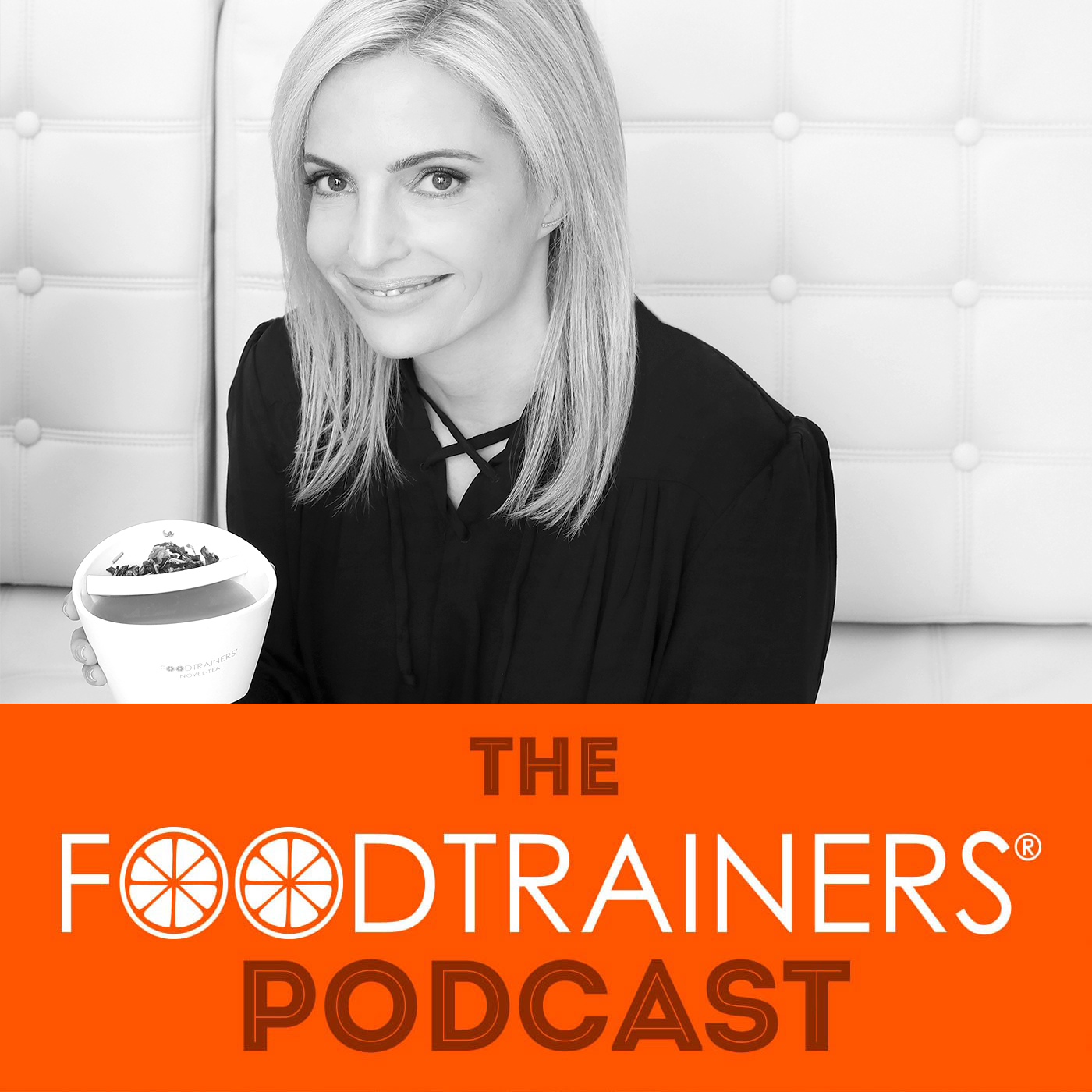Why Intuitive Eating Isn't For Everybody
Description
Intuitive eating: The approach that promises to free us from diet culture's shackles and allow us to eat whatever we want, whenever we want. Sounds too good to be true, right? Well, it might be. In this episode, we're diving into the pros and cons of intuitive eating, and boy, are there a lot of them.
Intuitive eating is an anti-diet approach that promotes listening to your internal cues to guide what and how much you eat. The idea behind intuitive eating is that everyone knows how to eat and just needs to tune into their natural cues. But here's the catch — it may not work for everyone. The all-or-nothing attitude of some proponents can be frustrating for those who don't fit into the "perfect intuitive eater" mold.
There are aspects of intuitive eating that we can get behind. Tuning into fullness, savoring treats, and identifying feelings and thoughts around food are all principles that overlap with our own approach to healthy eating. We believe in pausing midway through a meal to assess hunger and using a system to plan for and enjoy treats without guilt.
Intuitive eating has also been shown to be helpful for those with anorexia and bulimia, leading to better psychological and behavioral health. It can be seen as a goal of eating disorder recovery, which is a win in our book. The mindset aspect of intuitive eating could be empowering for those struggling with disordered eating.
However, one aspect of intuitive eating that we take issue with is the lack of focus on overall health. There's no mention of brain, heart, or joint health in the literature. We came across an article where the authors of the book promoting intuitive eating were seen indulging in a high-carb, high-fat meal with no mention of health. That's concerning.
Hormonal, neurobiological, and metabolic disruptions can affect one's intuition around food. Intuitive eating may not be as intuitive as we think. It's important to be mindful of the guidance and rules that support healthy eating while still honoring internal cues.
We're not anti-size acceptance, but we do believe that pursuing measures to improve one's health and body composition should not be stigmatized. The connection between weight and disease risk is well-established, including COVID-19 outcomes. Ignoring this topic is not helpful for overall health. We should strive for a balance between accepting our bodies and working towards improving our health.
So, is intuitive eating truly an anti-diet approach or just another diet with guidelines? The jury's still out. We believe in using internal cues to guide what we eat, but we also believe in being mindful of overall health and seeking professional help when necessary. Don't get caught up in the all-or-nothing attitude. Find what works for you and your unique needs.
Resources:
How to Eat Intuitively in 2023 | The Happiness Lab with Dr. Laurie SantosThey Rejected Diet Culture 30 Years Ago. Then They Went Mainstream.Learn more at foodtrainers.comInstagram: @foodtrainersFacebook: facebook.com/FoodtrainersTwitter: @foodtrainersRead: The Little Book of Thin: Foodtrainers Plan-It-to-Lose-It Solutions for Every...
More Episodes
In today’s episode, we're serving up a healthy dose of knowledge about the top five supplements we believe everyone should be taking for optimal health. Now, remember, while we're passionate about these supplements, we want to stress the importance of consulting with your healthcare provider...
Published 06/12/23
Published 06/12/23
Welcome back, Foodtrainers! Today's episode is a deep dive into the often misunderstood topic of portion control and its impact on our health. As we've explored, it's not just about what you eat but how much and when you eat that matters.
One fundamental principle we've emphasized is the...
Published 06/05/23


